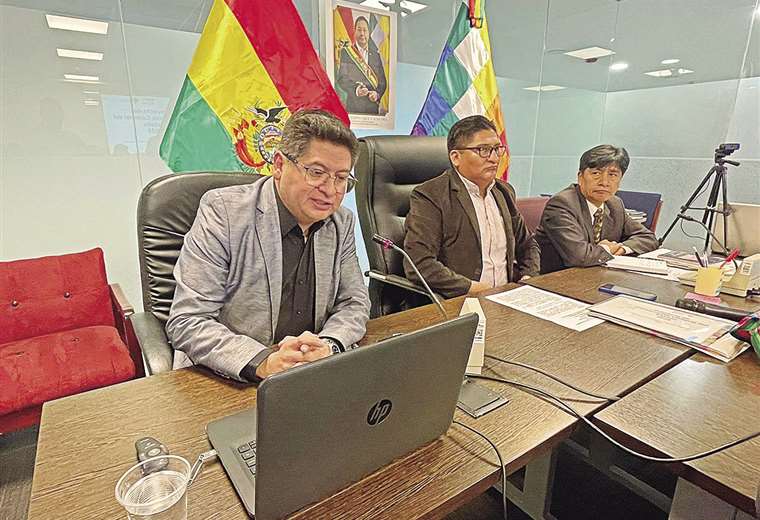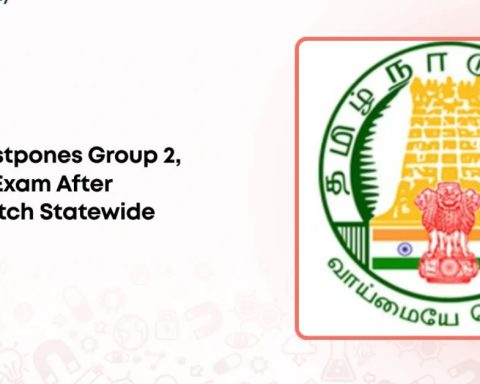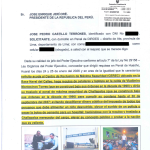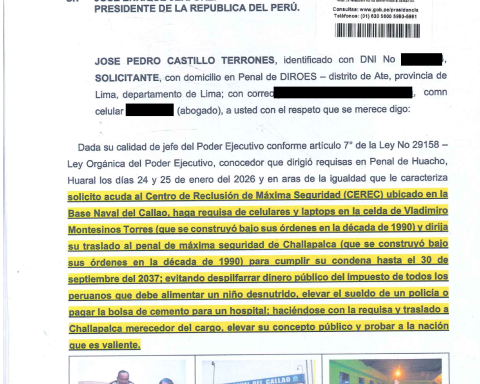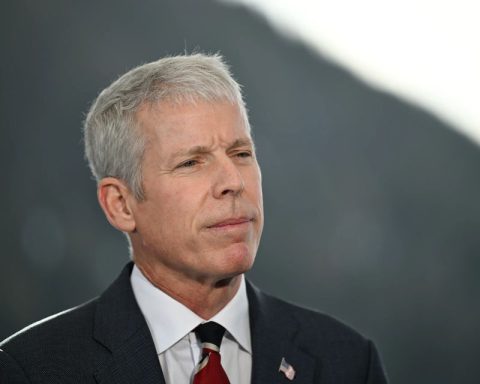December 9, 2024, 4:00 AM
December 9, 2024, 4:00 AM
Tras the validation of the General State Budget for 2025 (PGE-2025) by the Planning Commission of the Chamber of Deputies, andThe project should be debated this week in the plenary session of that chamber and sent to the Senate before the start of the parliamentary recess initially scheduled for December 18, according to the ruling party’s forecasts.
If the PGE is not validated in the Legislature until before that date, the regulations can come into force from a decree, since it is a transitory legal instrument that should last only one year. Legislators from the opposition and the evista faction of the MAS rejected at least five transitional provisions that were outside the Budget’s objective.
“We hope that this project is dealt with soon; we have to debate it and modify it,” mentioned deputy Gustavo Aliaga, who is part of that Commission. In addition, he pointed out that in the MAS faction that is loyal to President Luis Arce “there is a fear of evism,” whose legislators anticipated several observations about this document.
But, during Friday’s session, the commission made five modifications and the Minister of Economy, Marcelo Montenegro, He assured that the Assembly can make adjustments in the debate.
The draft General State Budget Law (PGE) for 2025 arrived at the Legislature on October 30, but its treatment began a week ago. The Constitution sets a period of 60 days for the document to be processed before its validation via decree. The deadline will expire on December 30, but on that date it is very likely that the Legislative Assembly will be in full recess.
In any case, the project advanced in its treatment in the midst of a context of economic crisis, political questions and adjustments. This document, which guides next year’s economic policy, He faced divided positions between the ruling party and the opposition groups.
The adjustments to the project include the elimination of Article 13, which contemplated the possibility of accessing $us 3,000 million in external credits, and the seventh additional provision, which authorized the confiscation of essential products as a measure against profiteering and speculation. Likewise, Article 14, which regulates multilateral guarantees for US$1,000 million, and Article 10, relating to incentives for the reinvestment of profits, must be reformulated in their wording. It was also agreed to modify the text related to the Bs 300 million allocated to the Bicentennial, reflecting the political sensitivity to the expenses projected for the electoral year. Aliaga described these expenses as excessive.
On Friday, the ruling party achieved 10 favorable votes for approval in the Commission. The abstention of the Citizen Community (CC) and the absence of representatives members of Santa Cruz reflected the political disagreement around the document.
The Santa Cruz business community, represented by Jean Pierre Antelo, president of the Chamber of Industry, Commerce and Tourism (Cainco), questioned the budget, considering that it ignores the country’s economic crisis and depends excessively on internal and external debt to cover the fiscal deficit. He also criticized export restrictionsas in the case of oil, which according to him, negatively impacts the agricultural and mining sectors, the only ones that generate foreign currency for the country.
“The budget does not recognize a real analysis of the economic situation, it is limited to copying and pasting what was presented last year,” Antelo emphasized in an interview with THE DUTY Radio. Furthermore, he warned that political polarization could intensify in an election year, aggravating the economic challenges for a country in crisis.
According to the Ministry of Economy, the PGE 2025 allocates 73% of the Bs 51,895 million for salaries and wages to priority sectors such as health, education, Police, Armed Forces and universities. However, this approach has been questioned for not contemplate strategies to confront critical problems such as inflation, which reached 9% this year, and the lack of fuel.
In an environment of this debate is marked by the exhaustion of the economic model based on extractivism and public income dependent on debtthe PGE 2025 debate shows the tensions among the urgent needs of the population, especially linked to the generation of resources.
The PGE should also guarantee the budget that the Supreme Electoral Tribunal (TSE) should administer in a year in which the presidential elections must be held. According to the request of this entity, more than Bs 200 million. Of course, the TSE also demands that the Assembly validate the seat law to guarantee those elections.
